401(k) Loans: Pros, Cons, and What to Know Before You Borrow
Sometimes life throws a curveball—unexpected bills, emergencies, or big purchases—and you might start eyeing your 401(k) as a possible lifeline. Borrowing from your 401(k) can be a quick solution, but it’s important to understand how it works and what you’re signing up for.
What Is a 401(k) Loan?
You borrow money from your own 401(k) retirement savings.
You repay yourself through automatic payroll deductions.
The interest you pay doesn’t go to a bank—it goes right back into your 401(k).
It won’t affect your credit score because no credit check is required.
How Much Can You Borrow?
Maximum Loan Amount: You can borrow up to 50% of your 401(k) balance, capped at $50,000.
Repayment Terms: Typically, you must repay the loan within 5 years. If you’re using the loan to buy a primary residence, you might be able to stretch repayment out to 10 years.
Why People Like 401(k) Loans
No Credit Check: Because you're borrowing from yourself, your credit score doesn’t come into play.
Simple Repayment: Payments are usually deducted directly from your paycheck, which makes it easy to stay on track.
Fast Access to Cash: 401(k) loans typically have a quick approval process and may be available faster than traditional loans.
But There Are Drawbacks...
You're Missing Out on Growth: While that money is out of your account, it’s not growing. You could miss out on potential investment gains.
Job Change = Big Problem: If you leave your job (or lose it), you typically have to repay the loan quickly—often within 60 to 90 days.
Tax & Penalty Risk: If you don’t repay the loan on time, the outstanding balance is treated as an early withdrawal. That means you’ll owe income taxes on it, plus a 10% penalty if you’re under 59½.
Pro Tips Before You Borrow
Exhaust Other Options First: Look into emergency savings, low-interest credit options, or even short-term personal loans before tapping into your retirement.
Have a Repayment Plan: Make sure your budget can handle the loan payments—especially if your job situation changes.
Understand the Terms: Contact your company benefits department or your 401K custodian to find out–
Your plan’s rules (not all 401(k) plans allow loans)—ask for your Summary Plan Description (SPD). Your SPD is the bible of your 401K.
The interest rate
Repayment schedule
Talk to a Financial Advisor: A pro can help you weigh the pros and cons for your specific situation and look at alternative options if needed.
Bottom Line
A 401(k) loan can be a useful tool when used carefully—especially for short-term, manageable expenses. But it’s not free money, and it’s definitely not risk-free. The key is understanding exactly what you’re giving up, what you’re risking, and how you’ll pay it back.
Use it wisely, and your future self will thank you.
At Northern Monarch Capital, we help you weigh your options and make confident financial decisions—whether it's borrowing from your 401(k) or exploring other solutions. Either way, you don't have to figure it out alone.
You might also like…






